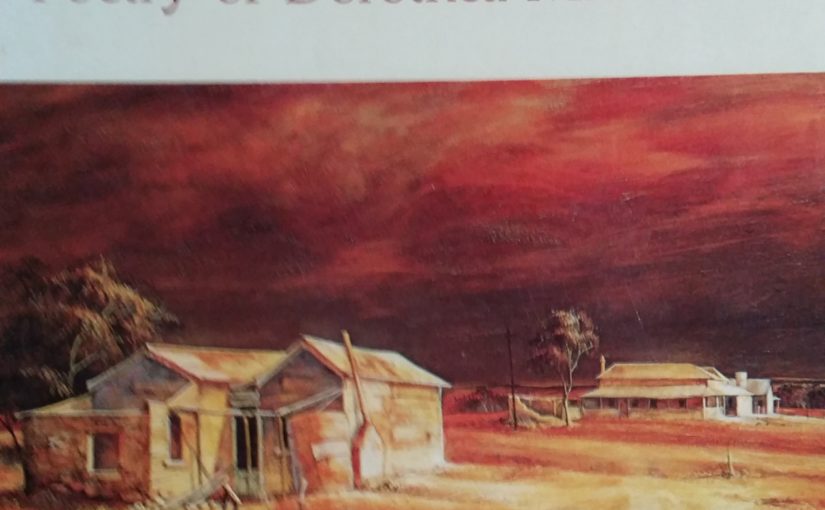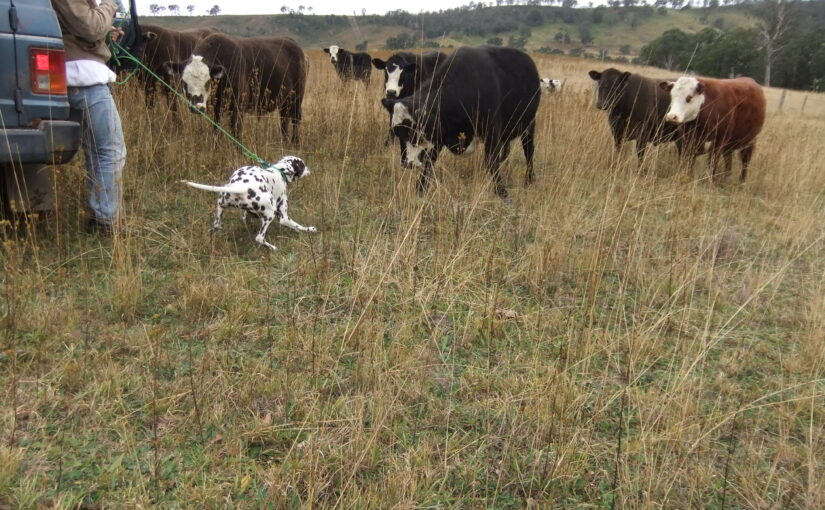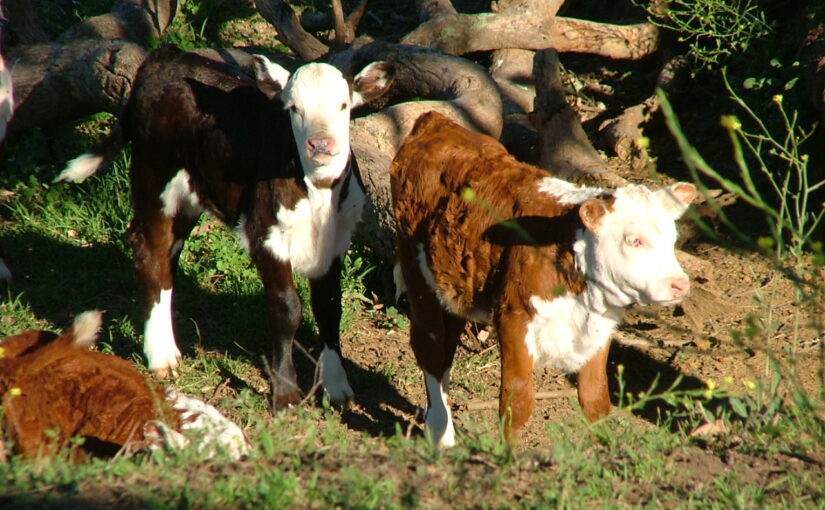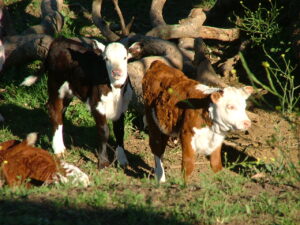Aussie Farmers Beware of the bank financial supermarkets
Farmers borrowing from only one bank-paid broker is like selling produce to just one Supermarket. The banks have become financial supermarkets fleecing farmers with the skill of a gun-shearer. They close branches, cut phone staff to keep you hanging on for ever then want you to travel miles to prove who you are.
Farmers come out worst. The 4 Big Banks alone earned a profit last year of $36 billion. That is to say they charged their customers $36 billion more than the services cost. The Banking Royal Commission revealed that many of them act illegally, dishonestly and deceptively. That is why as a farmer/HELP consultant I established the Borrow Better concept and service. It is how you lay the foundations for a loan that determines how well it works for you
The key to farm borrowing in Australia is to:
- Prepare a good loan application explaining to the bank why it should lend to you
- Use the Borrow Better presentation to each of the banks most likely to lend to farmers
- On receipt of offers negotiate the cheapest loan with best terms and most friendly bankers
- Ensure that all loan terms are clearly understood to avoid unpleasant surprises
- Ensure that loan repayments are readily affordable in all seasons and circumstances.
- Establish systems to ensure that repayments can be made in advance in good seasons to cover relief in bad ones.
- Aim to clear the debt as early as possible
- Ensure title deeds are safely recovered and mortgages discharged on repayment.
That is why it is better to borrow the “Borrow Better” way. And it is run by people not robots. Put some competitive pressure on the banks to win your farm loan business. We all work better under pressure. That is when banks give you the best deal.
Unseen brokerage costs farmers dearly
For every $1 million borrowed through a bank broker, the bank pays the broker around $7,000 which the bank recovers in interest and charges from the farmer. The farmer will possibly get the loan, but how the contract terms suit the particular farmer’s budget or circumstances is another thing. Neither the bank nor the broker will be that much worried about the farmer paying the loan back as long as the security is enough for the bank to sell the farm up anytime it wishes. The contract probably lets the bank do that anytime. But as long as the farmer works sunup to sundown to pay the bank interest of $60,000 to $100,000 a year per $1m borrowed, the bank will be no hurry for the loan to be repaid. But just when things get tough on the land is when the bank will often cut and run, calling the loan in at the worst possible time for the farmer. That is often when farmers call me at GBAC.
Borrow Better
That is why I set up the Borrow Better human app in 1987 when banks were first de-regulated. Some farmers will remember we called it Moneygrams then. One of the first users paid the $100 fee and made a cool $300,000 in interest savings because of it, without moving banks! It is better to get the right help earlier rather than later. We help farmers obtain the most suitable, cheapest loan, with the most suitable contract terms from the most agreeable banker, right at the start. GBAC is a HELP consultant.
When taking the bait watch out for the hook
What is not obvious to most people when borrowing is that the money is the bait and the contract the hook. Like fish, many farmers offered the loan happily grab it while it is going, without noticing or even reading the contract on which they are hooked, with their family farm on the line.
The Borrowers’ Broker
Sometimes I think of us as the Borrowers’ Broker because we take the borrower to all the banks and tease out the best one for each particular borrower on the basis of the farm production, seasons, prices and government policies and the family needs of the farmers. We also help the farmer to clear that debt as fast as possible because very often the bank earns more out of the farm than the farmer does. (Compare your “Interest paid” with your “net profit” or “taxable income” to see how it is for you).
Inherited debt – the farmers curse
Leaving the debt to be passed on to the younger generation is not a good idea. Plenty of farmers remember when the interest rates went up to 24%. At present, rates are low because recession is hanging over the world and has been since well before Covid struck. The good thing about recession for farmers is that they can usually feed the family, but it can make a big difference if the farm income drops and the debt goes into default, so that the bank forecloses. My second cousin, from whom I purchased the beef cattle property settled by my great-grandfather, told me that when he was young and depression struck, the only reason the bank did not sell the farm up from under his family was that its value had crashed and would not nearly cover the debt. Today the bank just sells the farm and writes off the rest of the debt. Banks make so much money that a write-off is just like a drop in the ocean. We often turn that to the advantage of the farmers tricked into unaffordable loans by ruthless bankers. My cousin took over running the farm, cutting costs to near zero. The day, decades later that he cleared the debt and recovered his title deeds he took his staff to the pub to celebrate. It concerns me greatly that some rural consultants and counsellors may be encouraging farmers to have their children borrow from a bank to buy them out. One farmer described that to me as “Child Abuse”.
Drought
As he handed the farm over to me on a substantial cash deposit and long payment terms, he warned me, “Remember, when you come out of each drought, you are heading into the next one.” It was sound advice. As revenue came in I saved money and hay for those long hot sunny days when there was not a blade of grass on the ground. Then I adopted a policy of gradual de-stocking as drought hit and breeding up numbers again in good seasons. That worked surprisingly well. A neighbour commented on how fast our place re-stocked after drought without ever buying cattle in.
Whip Hand
Farm profit is a mental process. Decisions on spending are the key determinants of being able to continue the farming life. We help farmers make those decisions, because we know that farming is the best life in Australia, but it is hard won. We also help farmers guide governments into doing what is needed for farmers. Farmers, as voters, mostly hold the whip hand, but too often don’t use it.
HELP Consultancy
A HELP consultancy is there to help its clients, not to focus on making money out of them. Today we see too many consultants and government services based around the service providers getting rich whilst the farmers battle seasons, governments and prices. My grandparents and great-grandparents would be happy that I have been able to establish a HELP consultancy that has helped farmers from the tip of FNQ to King Island and up to the Kimberleys then into the centre. There are many better farmers than me, but to run sheep at Tullamore and cattle at Braidwood along with a national HELP consultancy that grew out of my Chartered Accountancy practice is thoroughly enjoyable.





 he farm and want to leave their legacy to the next generation of farmers. It may start when the children are in their teens or be left until they are in their 50’s. The earlier the better, but flexibility is important for the plan to succeed.
he farm and want to leave their legacy to the next generation of farmers. It may start when the children are in their teens or be left until they are in their 50’s. The earlier the better, but flexibility is important for the plan to succeed. hat sets the pattern, but within those boundaries will be many complex issues, including relationships, finances, taxes, mortgages, competition amongst children and differing views of mum and dad.
hat sets the pattern, but within those boundaries will be many complex issues, including relationships, finances, taxes, mortgages, competition amongst children and differing views of mum and dad.